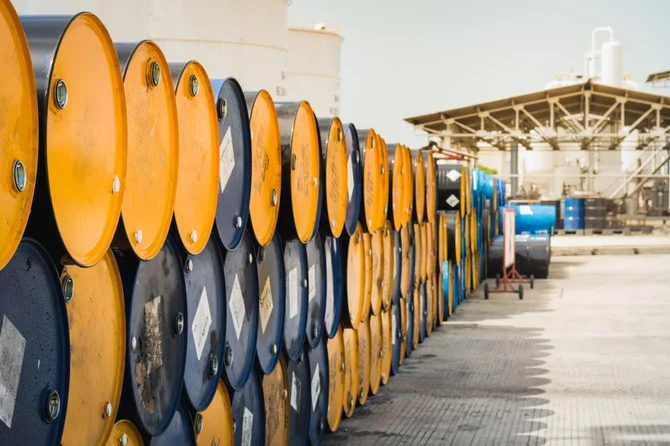The OPEC+ alliance faces limited flexibility to reverse its oil production cuts as the strategy has spurred significant growth in rival supplies, particularly from the U.S. shale industry, according to Iran’s representative to the group.
“This approach to stabilizing prices has inadvertently encouraged increased output from producers outside the alliance, most notably the U.S.,” stated Iranian OPEC governor Afshin Javan in an article published by Shana, Iran’s state-run news agency. “This dynamic restricts OPEC+’s ability to ease its production limits effectively.”
Javan’s unusually critical remarks reflect mounting concerns within one of OPEC’s founding member nations. The comments come just days before the coalition gathers to discuss potential adjustments to its supply policy.
In his analysis, Javan suggested that some smaller African members, including Gabon and Congo, might consider leaving the group due to difficulties in covering membership fees.
OPEC+, which unites OPEC members like Saudi Arabia with non-members led by Russia, has been grappling with how to balance its production policies amid fluctuating market conditions. The group has delayed plans to revive halted supplies introduced in 2022 due to weak crude prices.
Javan warned that OPEC+’s proposed production increases could lead to an oversupply in 2025. He also highlighted that the coalition’s production cuts over the past four years have inadvertently financed a 2 million bpd rise in U.S. shale oil output since 2020.
Adding to OPEC+’s challenges are economic headwinds in China, the world’s largest oil consumer, which Javan described as “bleak.” He noted that demand for OPEC crude could decline this year, a view that starkly contrasts with the optimistic projections from the group’s Vienna-based research department, which anticipates growing demand for OPEC’s output.
Javan, who serves as an advisor to Iran’s oil minister Mohsen Paknejad, underscored the complexity of navigating these dynamics as OPEC+ prepares for its next policy decisions.























